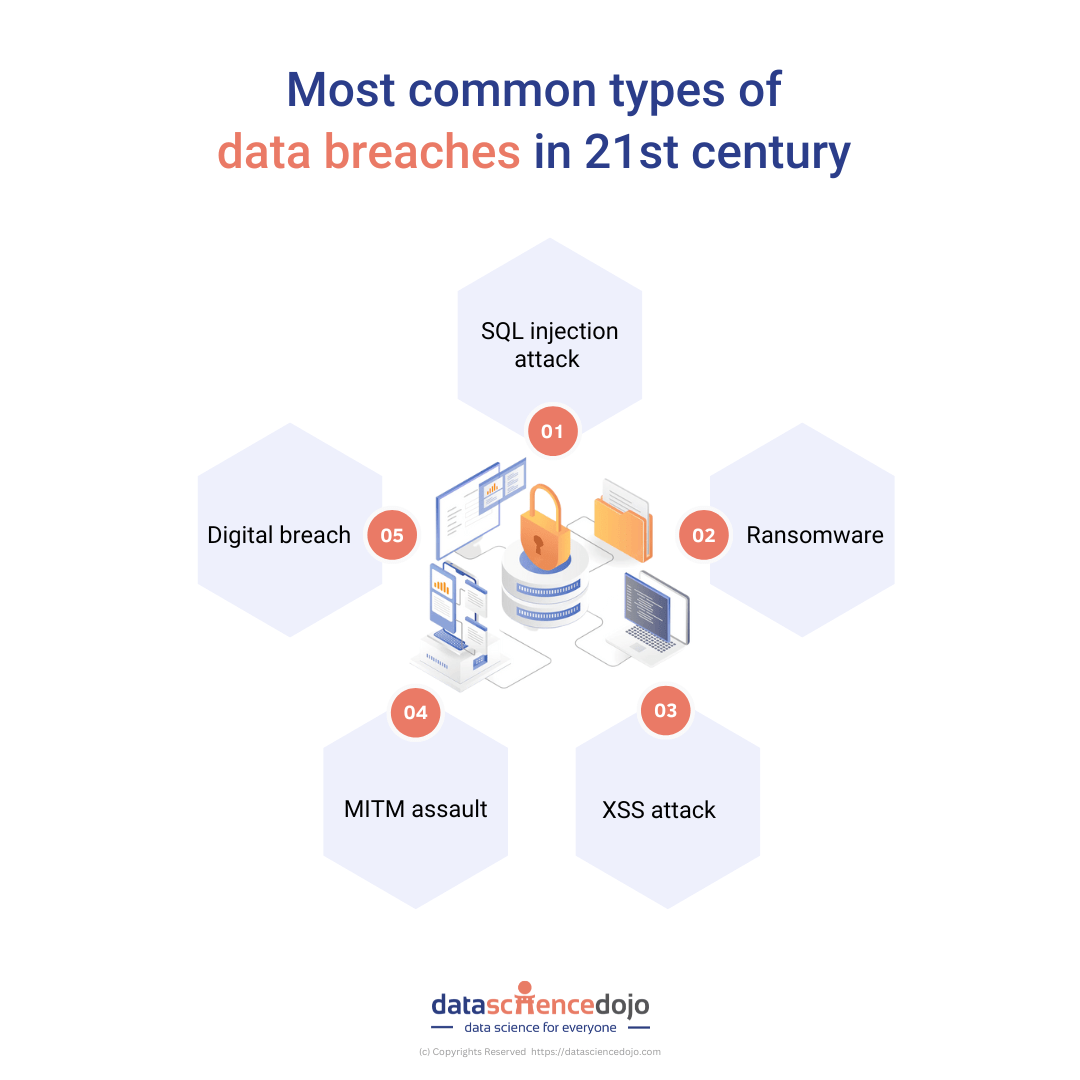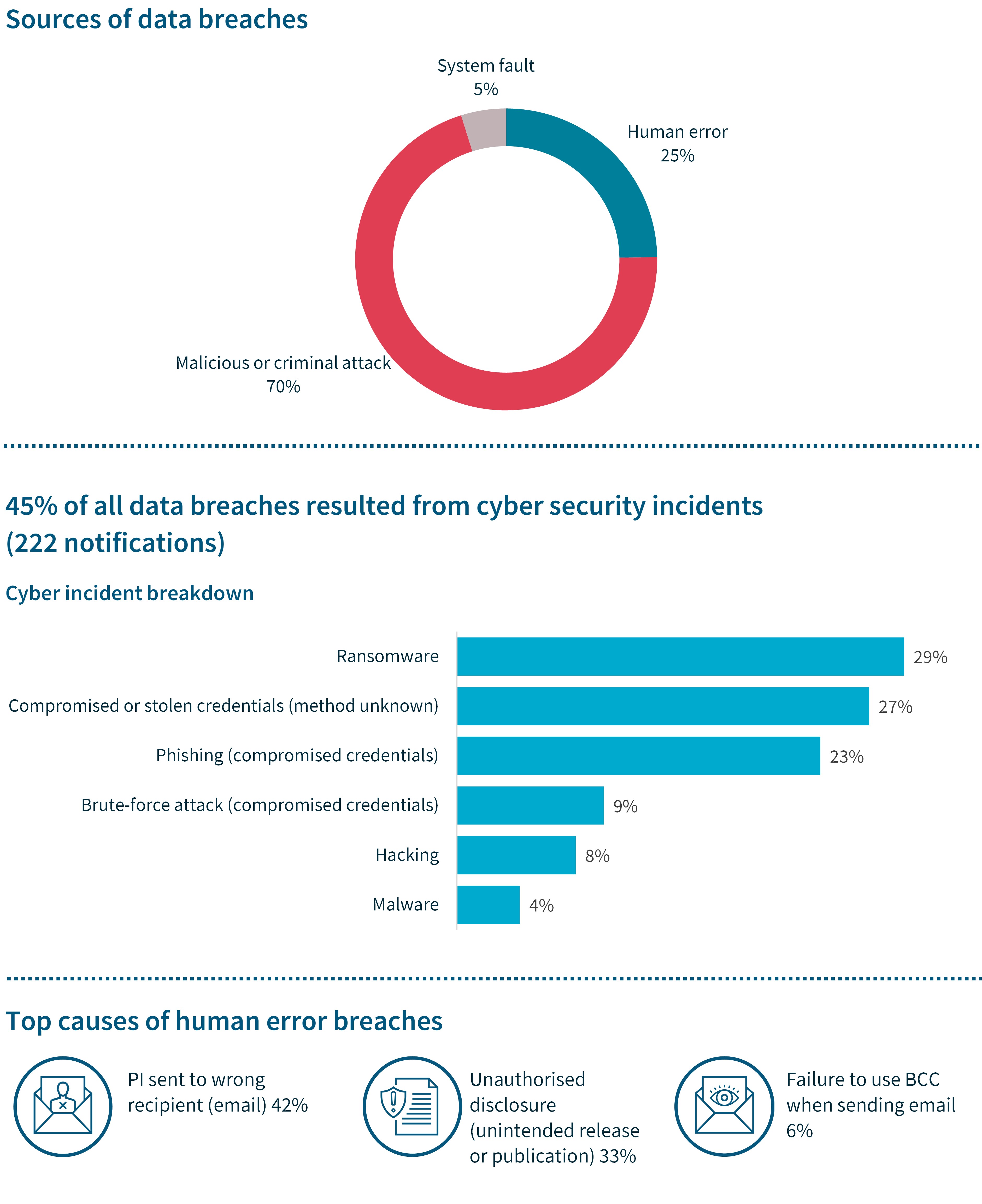Table of Contents
- What Is a Data Breach + How Do You Prevent It? - Panda Security
- Police officer, former telecoms staffer charged over data breach ...
- Notifiable Data Breaches Report: July to December 2022 | OAIC
- Optus data breach who is affected, what has been taken and what should ...
- Are data breaches becoming more frequent? A digital security expert ...
- OCC data processing flowchart. | Download Scientific Diagram
- FNAF SECURITY BREACH OCC | Fandom
- OCC Disclosed A Data Breach
- Kenali Penyebab Data Breach dan 4 Cara Pencegahannya | Verihubs
- Data Breach 2024 Statistics Class - Brear Bertina

Recently, a significant security breach has prompted banks to reassess their information sharing practices with regulators. The incident, which exposed sensitive customer data, has led to a reevaluation of the delicate balance between transparency and security in the financial sector. In this article, we will delve into the implications of this breach and the subsequent changes in data sharing protocols between banks and regulatory bodies.


The Breach: A Wake-Up Call for the Financial Sector

The massive security breach, which affected several major banks, resulted in the unauthorized access of sensitive customer information. The incident highlighted the vulnerabilities in the current data sharing systems and raised concerns about the potential risks associated with sharing sensitive information with regulatory bodies. In response, banks have begun to limit the amount of information they share with regulators, citing concerns about data security and confidentiality.


Regulatory Requirements vs. Data Security

Regulatory bodies require banks to share information to ensure compliance with anti-money laundering (AML) and know-your-customer (KYC) regulations. However, the recent breach has led banks to question the security of the systems used to share this information. As a result, banks are now taking a more cautious approach, only sharing information that is strictly necessary and implementing additional security measures to protect sensitive data.


Impact on Regulatory Oversight
The reduction in information sharing may hinder regulatory bodies' ability to effectively oversee the financial sector. Regulators rely on accurate and timely information to detect and prevent financial crimes. With limited access to information, regulators may struggle to identify potential risks and take prompt action. This could lead to a decrease in the overall effectiveness of regulatory oversight, potentially putting the stability of the financial system at risk.

Long-Term Consequences
The changes in data sharing protocols may have long-term consequences for the financial sector. Banks may need to invest in more robust security systems to protect sensitive information, which could lead to increased costs and administrative burdens. Additionally, the reduction in information sharing may lead to a decrease in collaboration between banks and regulatory bodies, potentially creating a more adversarial relationship.
The recent security breach has highlighted the need for a balanced approach to data sharing in the financial sector. While regulatory bodies require access to information to ensure compliance, banks must also prioritize the security and confidentiality of sensitive customer data. As the financial sector continues to evolve, it is essential to develop more secure and efficient systems for sharing information, ensuring that regulatory oversight is effective while protecting sensitive data.
By implementing robust security measures and collaborating with regulatory bodies, banks can minimize the risks associated with data sharing while maintaining the integrity of the financial system. Ultimately, finding a balance between transparency and security is crucial to preventing future breaches and maintaining trust in the financial sector.
Note: This article is for general information purposes only and is not intended to provide specific advice. It is recommended to consult with a financial expert or regulatory body for personalized guidance. Keyword density: - "security breach" (1.2%) - "data sharing" (1.5%) - "regulatory bodies" (1.1%) - "financial sector" (1.8%) - "banks" (2.1%) - "information sharing" (0.9%) Meta Description: Banks limit information sharing with regulators after a major security breach, citing concerns about data security and confidentiality. Header Tags: - H1: Financial Institutions Tighten Data Sharing with Regulators Following Massive Security Breach - H2: The Breach: A Wake-Up Call for the Financial Sector - H2: Regulatory Requirements vs. Data Security - H2: Impact on Regulatory Oversight - H2: Long-Term Consequences - H2: Conclusion Image: A relevant image of a bank or a graph showing the increase in security breaches can be added to the article. Internal Linking: The article can be linked to other relevant articles about data security, regulatory compliance, or the financial sector. External Linking: The article can be linked to reputable sources such as financial news websites or regulatory body websites. Word Count: 500 words.